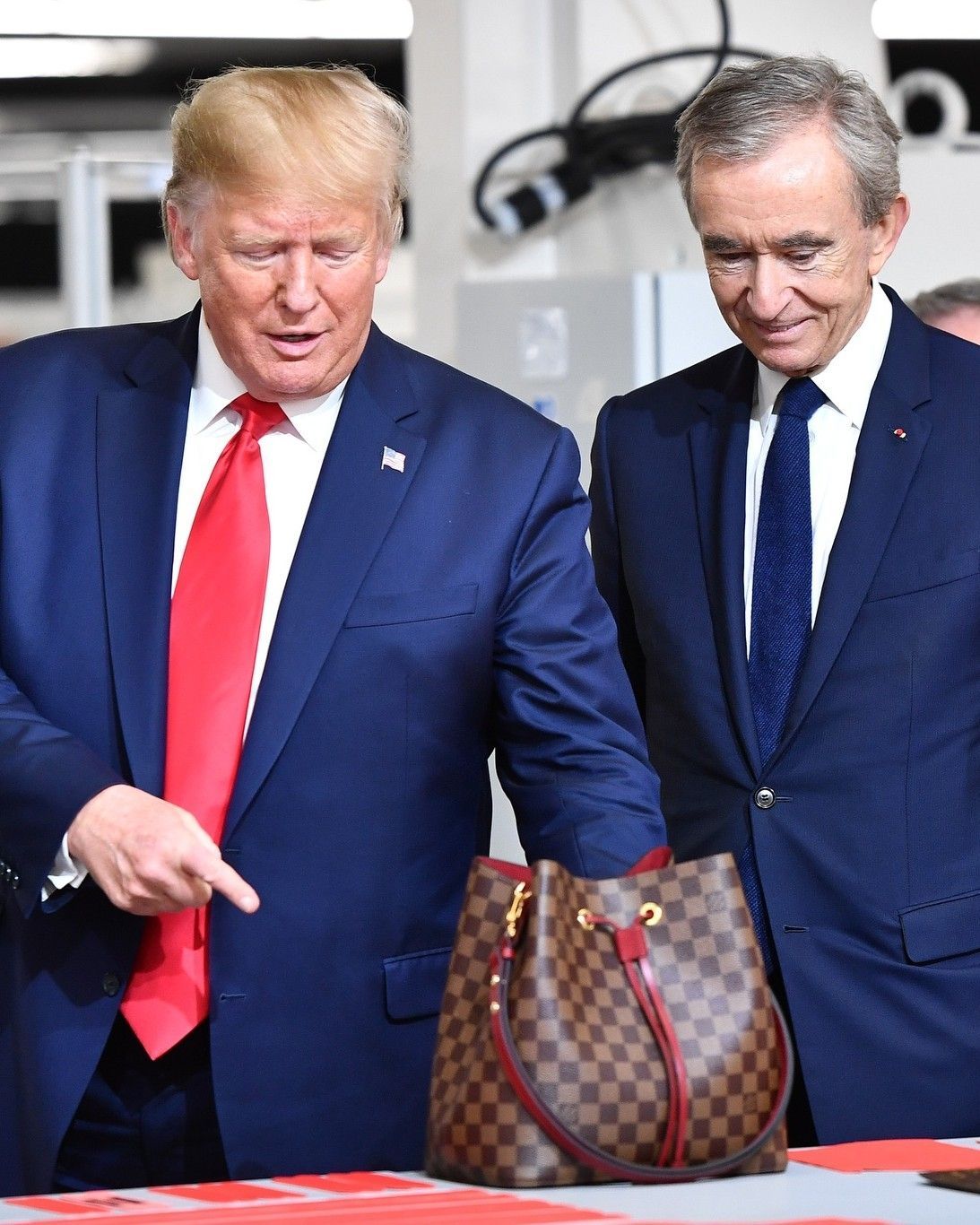
What is the metaverse? From Zuckerberg to Roblox and cryptocurrencies: is the metaverse the future or just a rebranding of the internet?
In one of the rare interviews given by Mark Zuckerberg to The Verge, the CEO of Facebook announced that the future of his company will not be limited to social networks or the construction of hardware, but will be aimed at building a hybrid ecosystem - digital and physical. - and interconnected, known as the metaverse. It is probably not the first time you have heard this word that has gone viral in recent months: from Bitcoin to the Game-Stop case, through the Travis Scott concert on Fortnite to the Gucci bags on Roblox, to get to the controversy on smartworking and virtual offices. The metaverse has a vaguely sinister aura of the future, alluding to virtual space and the newly explored potential of a parallel or rather interconnected reality to the real one. The term quickly became one of those buzzwords used and abused by futurologists, CEOs, and digital dystopia enthusiasts. Although it is clear that the lockdown and the related online shift have influenced the hype on the subject, today many - including Zuck - think that the metaverse is the natural evolution of the current internet, therefore the future of the world.
Despite escaping a precise definition, the metaverse should be the virtual universe that includes the internet in all its forms and interactions with reality, a fluid space where users can move and live without the boundaries of operating systems, software or national laws. A utopian concept that underlines many distortions and clashes with the - fairly dramatic - reality of the contemporary internet, in which few companies that do not enjoy popular favor have the power. Since today there is also one of the tyrants of the web talking about it, many believe that the metaverse will be emptied of its revolutionary meaning only to rebrand the virtual world.
Roblox, Fortnite and Earth2: the metaverse evidence
Like many Siliconvalleian keywords, “metaverse” was also coined in a cyberpunk science fiction novel from the early 90s, precisely in Neal Stephenson's Snow Crash. In the book, the metaverse is a three-dimensional space within which individuals can move, share and interact through avatars; in that world, the protagonist lives an existence parallel to that of the real world. Second Life is inspired by Stephenson's book, one of the first virtual experiences (MUVE) that openly challenged reality. In fact, what today is closest to the metaverse are the games / platforms such as Fortnite, Animal Crossing, Roblox and the games of Epic Games which today have reached stock market prices of tens of billions of dollars. These video games (now obsolete definition) offer real universes where users are not forced to follow a plot of the game, they are free to interact as they see fit. During the lockdown they experienced an unprecedented boom in popularity, with a surge in users - especially in the 13-17 range - and average time spent on the platform. Very quickly these platforms in particular Fortnite and Roblox are much more than just a video game: the pandemic has accelerated the digitization of real experiences such as concerts, the most sensational case of which were about 12.3 million avatars attended the Travis Scott concert on Fortnite.
A key feature of these universes is that they have developed a real economy in which goods - virtual items, skins, characters, houses and land as in Decentralized or Earth2 - are produced and sold through BlockChain technology (the same as in cryptocurrencies). Perhaps the most sensational case was the drop of virtual Gucci bags on Roblox, whose price within the game's secondary market exceeded that of the real bag ($ 4115 versus 3400), creating a short circuit with reality. Economies are often based on "local" cryptocurrencies (on Roblox there is Robux, on Fortnite the V-Bucks) which today are starting to have a real value in dollars, Bitcoin and euros. The NFT system has completed an important missing piece, guaranteeing the originality of digital products.
Will we look at our smartphone as those old floppies?
The presence of a developed economy falls within the definition given by venture capitalist Matthew Bell: a metaverse must traverse the real and virtual world, must contain a fully developed economy and offer complete interoperability. This definition highlights the distance between the current situation and the idea of metaverse on two points.
The first is the technological factor: it is a paradox that our online experience, which today represents a huge part of life, is lived through an uncomfortable and small screen of a smartphone. The physical limitations of hardware such as chips, screens or batteries, combined with that human anatomy (it would be better to use synapses instead of fingers) are now slowing down this process. It is no coincidence that Zuck defined the multiverse as "the post-mobile internet" and that, speaking of productivity, he went so far as to compare it to teleportation: "Today you cannot share every aspect of work with your colleagues because you only have one screen. In the metaverse, the screens are infinite". Waiting for the quantum computer revolution, I don't think it will be too many years from now until we look at our old iPhones like today we look at a floppy disk: the day will come when the technologies of AR, VR and biointegration will overcome the limits with which up to to date they have clashed: "It is not about making people even more connected, but about allowing them to continue to be connected in a more natural way" again from Zuck's interview.
The re-foundation of the principles of the web
In addition to the technological factor, what today appears more complex at a systemic level is the principle of interoperability. Although Roblox today has the appearance of a metaverse, if a user passes on Fortnite he will have to change the platform, avatar, resources, tools and knowledge. In practice, he will have to rebuild an identity from scratch. If the metaverse therefore has the ambition of being a fluid virtual space where a user can virtually teleport wherever he wants without platform limitations, the current reality is dramatically different: not only are there isolated pieces of the Internet - see China - but all of it ecosystem looks more like an archipelago of islands, where users do and see more and more the same things. It is a distortion born of the wrong digital product culture that looks at the use of an app or a site in a way that is disconnected from a user's digital diet. In practice, accepting the idea of metaverse means completely rewriting the principles - both ethical and legal - that today govern virtual space, it is necessary to understand who has the right or the power to do so.
When we talk about the future of the Internet, we cannot pretend to ignore the fact that today Amazon, Facebook and Google have become hyperstates, masters of a virtually infinite territory. The principle of the metaverse is based on the concept of decentralization of virtual space, ergo of subtracting resources and power from those who today monopolize it in terms of data and power. "It is certainly not something that a company can build on its own. But I think an important part of the next chapter of Facebook will see us involved in helping build this new reality, along with many other companies, developers and content creators." Zuckerberg said, not going into detail on the role of national legislatures, profits or the practical management of hardware (after all, the internet is millions of kilometers of cables at the bottom of the sea). Although there are many criticisms and doubts about the construction of the metaverse today, what almost everyone agrees on is that it will arrive, sooner or later it will arrive. It will certainly not be like that imagined by Stephenson and perhaps not even like that imagined by Zuckerberg, but the integration between virtual and digital is now limited by technology. What is important to do in the meantime is to discuss, imagine and gather opinions on how to face ethical challenges before we find ourselves protesting with our avatars in a replicated world of data, algorithms and code.




















































